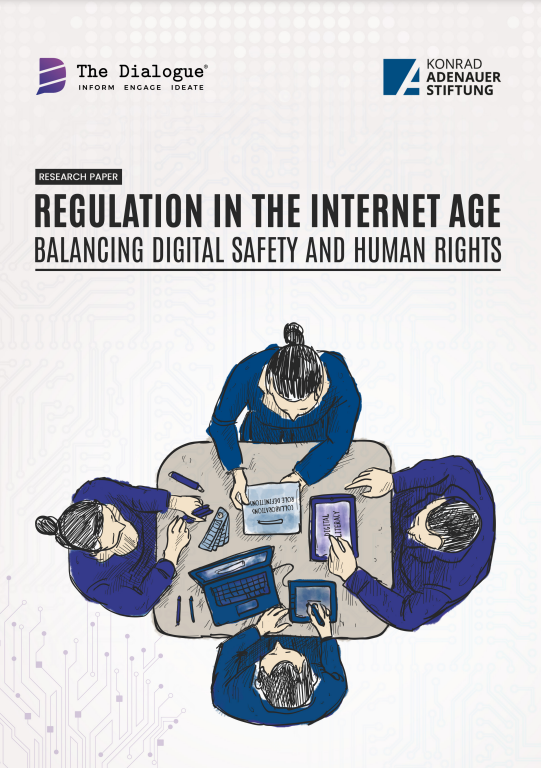The internet has become an essential aspect of contemporary life, reshaping how we communicate, conduct business, access information, and interact with one another. As billions of people engage with the online world, the significance of digital safety has emerged as a critical concern. Users frequently face online threats amid the vast opportunities for global connectivity and empowerment that the digital landscape offers. While this environment provides considerable advantages, it also presents serious challenges, including cyberbullying, deepfakes, misinformation, and privacy violations. These issues compel policymakers to devise comprehensive digital safety strategies that balance the need to protect users from online harms with the imperative to uphold fundamental human rights such as freedom of expression and privacy.
The success of these strategies depends on the creation of adaptive legal frameworks that can navigate the complexities of the digital age without infringing on individual freedoms or hindering innovation. Unfortunately, existing laws often fall short, either being outdated or excessively broad, which can reinforce societal biases and perpetuate online threats. Furthermore, the lack of transparent and equitable processes for addressing these issues intensifies power imbalances between users and digital platforms or governmental entities.
This paper, created in collaboration with KAS Rule of Law Programme Asia, aims to explore and analyze the evolving legal and regulatory frameworks related to online safety in India, investigating their unintended consequences on users’ digital human rights, including free speech, privacy, and access to information. Through this analysis, the paper offers essential recommendations designed to protect online spaces from harm while ensuring that citizens can fully exercise their fundamental rights in the digital realm.
But what are the specific gaps in our current laws? How can we effectively safeguard digital rights without stifling innovation? What role do users play in shaping these frameworks? To find answers to these pressing questions, please download our research paper here.


